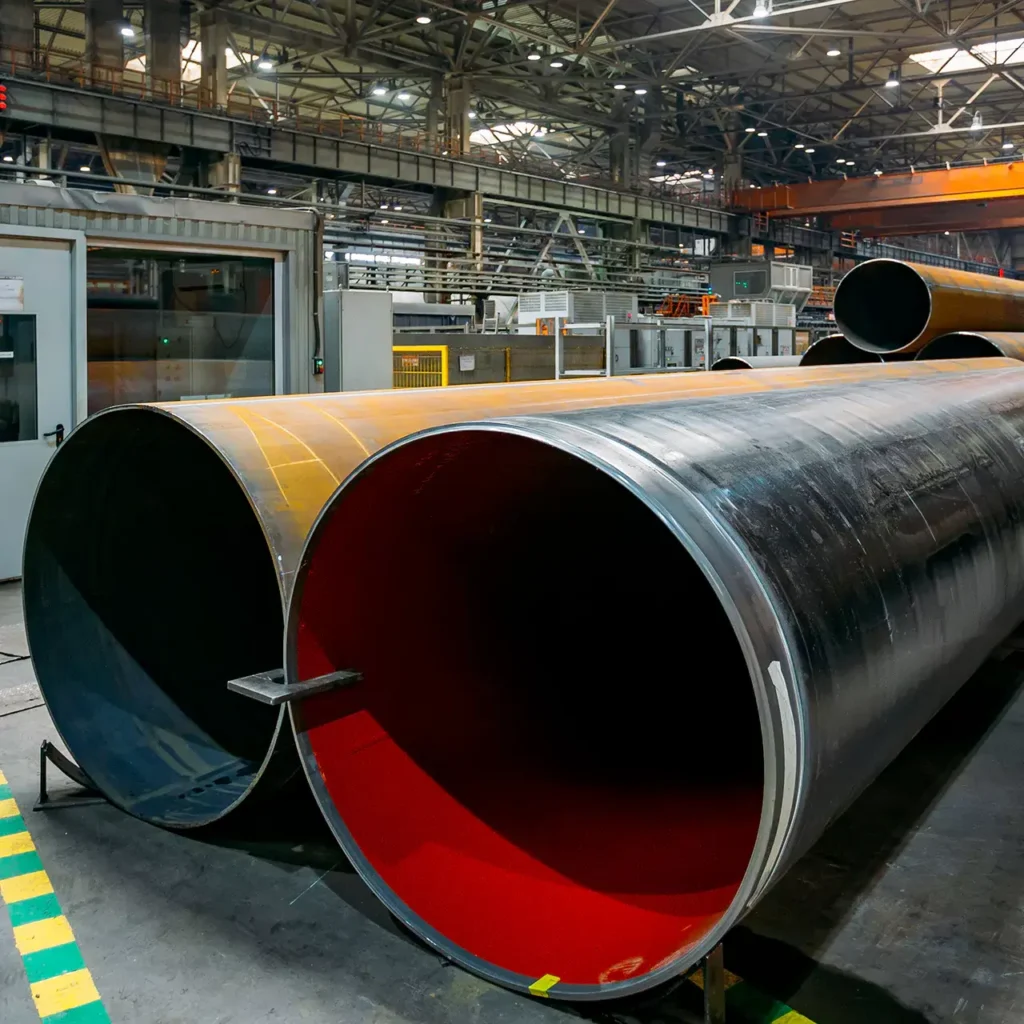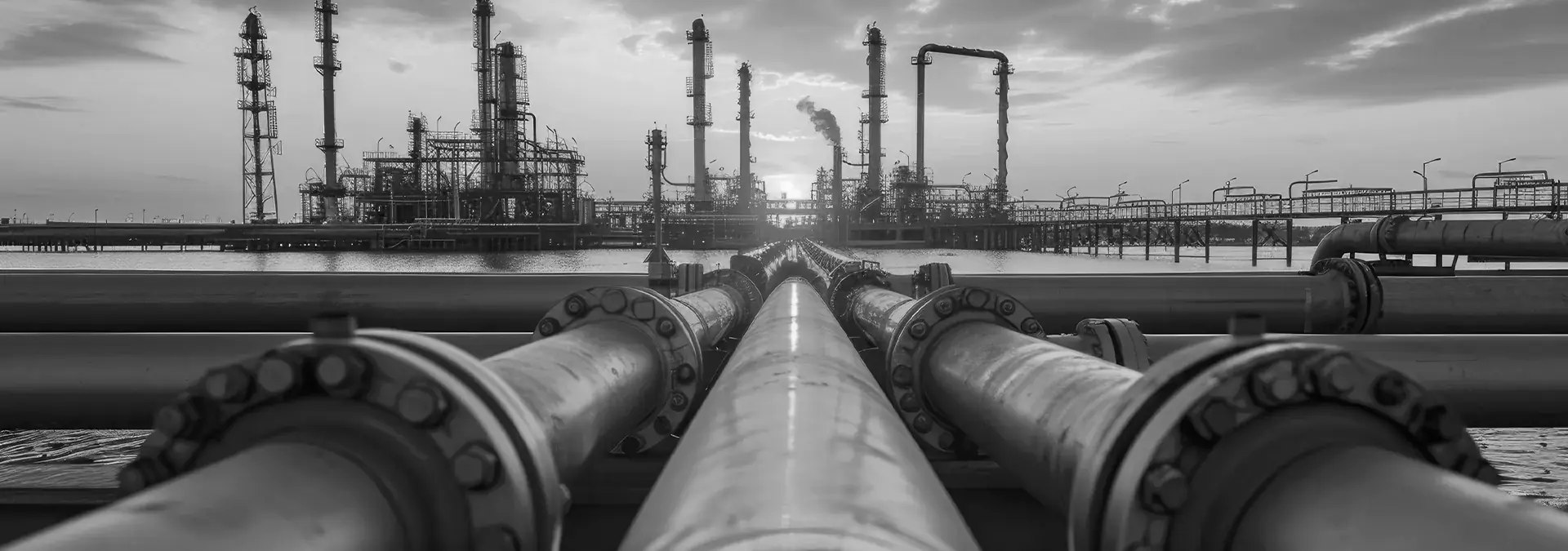Introduction
There are around 700 oil and gas installations in the Middle East that are waiting to be decommissioned and are posing a challenge. Decommissioning can be a costly and complex business, requiring engineering, project management, platform preparation, decommissioning and well plugging, equipment and pipeline removal, site clearance and materials disposal, as well as reporting and compliance with a complex matrix of local, international, industry, environmental and regulatory authorities.
However, in addition to asset life-extending measures (such as pumping water or gas into depleted reservoirs,) recent advances in machine learning and data analytics now promise newfound life for aging, diminishing assets. New and effective alternatives are now available for restoring and optimizing mature field assets back to reliable energy recovery, avoiding disruption of revenues from operating fields, and postponing payment of the inevitable cost for final decommissioning.
Opportunities
The decision to extend the design life of an asset has implications across all its parts. The pipes and fittings systems at the core of these facilities, may require inspection, repair, replacement, treatment, or other intervention. Technological improvements in data collection and analysis across reservoir operations have contributed to the identification of priorities, and the creation of options for addressing them. Innovations in monitoring and inspection, supported by AI and risk-management tools, are extending the design-life of energy production assets safely, economically, and ecologically.
New pipes and fittings made from composite alloys are also more readily available to replace parts that proved to need stronger operational properties. These can be further supported by innovative coating and treatments for enhanced performance and corrosion resistance, as well as better-engineered ends and accessories for easier access and stronger structural support.
 Structural integrity management (SIM) is a significant consideration in the safety management and life extension of offshore installations. Detailed integrity assessments are needed to demonstrate that there is sufficient technical, operational, and organizational integrity to continue safe operation throughout an extended service life. Given the interconnectedness of participants needed throughout pipe systems, collaboration needs to be automated and integrated across platforms.
Structural integrity management (SIM) is a significant consideration in the safety management and life extension of offshore installations. Detailed integrity assessments are needed to demonstrate that there is sufficient technical, operational, and organizational integrity to continue safe operation throughout an extended service life. Given the interconnectedness of participants needed throughout pipe systems, collaboration needs to be automated and integrated across platforms.
Collaboration
At the heart of these measures is a collaboration engine that stakeholders across the value chain are constantly contributing to. Data gathered from continuous interaction between industry partners is gathered and analyzed in real time, creating a clear path to the safest, most effective application of solutions to pipes and fittings across operations. Information on history, characteristic data, condition data, and inspection results are required to assess the current state and to predict the future performance of the facility to qualify it for the possible extension of service life.
Collaboration extends across the supply chain, and regional pipe suppliers in the UAE play a pivotal role in the sharing of information for pipe system solutions from end users to manufacturers. This is critical for designing new installations based on field experience, as well as for retrofitting works for extending asset life cycles.
Conclusion
Decommissioning extends beyond just demolition. This process involves the methodical deconstruction of facilities, encompassing the safe sealing of underwater wells, as well as the careful disassembly of pipelines and components. It requires the safe and efficient handling of significant volumes of waste materials, some of which may be hazardous. The entire process can very often involve considerable environmental clean-up efforts.
This task presents not only a technical challenge but also a legal one. To ensure the prolonged and safe functioning of energy assets nearing the end of their intended lifespan, it is crucial to leverage technological advancements and foster collaboration among various parties in the industry.
To speak to a Gerab representative about our services, contact us today


